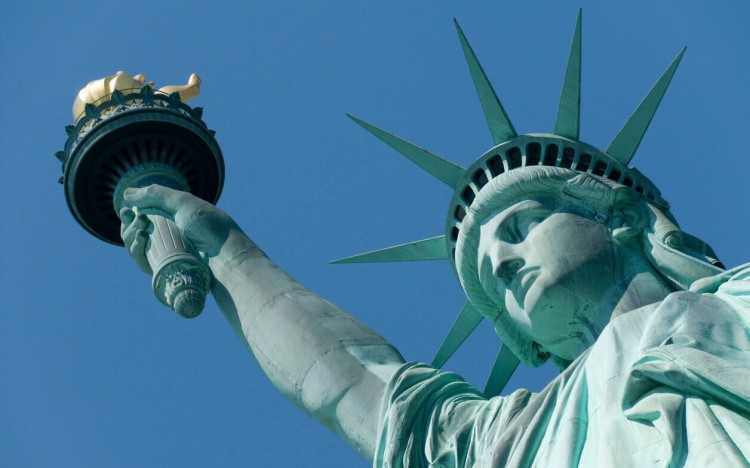However, the country’s reputation for being a welcoming study destination for internationals has taken a hit.
Late last year, the Graduate Management Admission Council (GMAC) highlighted an average fall in US MBA applications of 6.6%. Columbia Business School and Harvard Business School were affected—Chicago Booth School of Business saw an 8.2% decline.
International applicants are looking to Europe, Canada, and Asia for their MBA—the volatile political climate and anti-immigration rhetoric in the US appears to be taking its toll.
Indeed, a new survey by Kaplan Test Prep shows that 31% of the more than 150 US business school admissions officers surveyed saw a concern by the international student community around the current political climate in the US as the top reason for the decline.
Nearly three-quarters of schools polled believe the situation isn’t going to improve any time soon, with 74% highlighting that they think the political climate will continue to affect long-term international student enrolment in the country. This is up 6% from Kaplan’s 2017 survey.
Alternatively, 30% said they thought it was because the strong job market is keeping prospective students in the workforce. If this is the case, while business school employment statistics may be benefiting, it’s also stopping the flow of business talent into the school in the first place.
“When the job market is soft, you see an increase in applicants as prospective students see the value in becoming more marketable and waiting out a weak economy,” says Jeff Thomas, executive director of admissions programs at Kaplan Test Prep.
“While a strong job market may be great for current MBAs who are finding jobs and securing high salaries, that same strong job market is convincing potential new students to stay put, where their current jobs seem secure and their pay is good.”
Respondents also put the decline down to the cost of an MBA in the US (17%) as well as questions over the value of the degree (13%), and a lack of one-year MBA programs (7%).
Just 3% thought the drop was due to a perception that fewer jobs require an MBA now than they did in the past.
However, one reason for the decline that the report doesn’t include is that Masters in Management (MiM) degrees are steadily increasing in popularity as an alternative to the traditional MBA.
Indeed, GMAC’s 2018 Applicants Survey revealed MiM’s were experiencing substantial growth in applicant consideration, with 38% of prospective students preferring the masters to the MBA. Their one-year duration could be a big factor in this.
But, how worried should US business schools be about their MBA programs?
Jeff describes MBA application trends as almost always cyclical, anticipating a rise in applications in conjunction with any future economic downturn in the US.
“But even if [this is the case],” he explains, “an American political climate that discourages international students from coming may erode any normal application increase.”
So, it’s hard to know what to expect. As each new day brings with it more stories of the American president’s belligerence, it looks like business schools in the US will have to play the waiting game.
Kaplan’s results are based on a survey conducted by phone between August and September 2018. It included responses from 153 business schools, including 33 of the top 100, as ranked by U.S. News & World Report.
RECAPTHA :
09
be
20
7c








